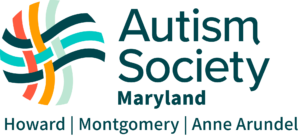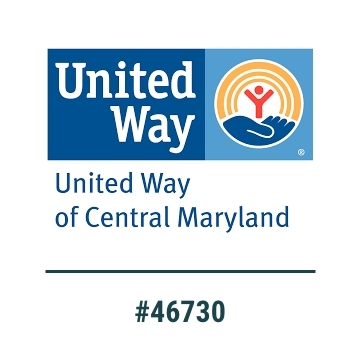Frequently Asked Questions
When my child returns to the school building, how will the IEP team determine if they will implement the normal operations IEP or the IEP with ASDM amendment?
The school team will be implementing your child’s normal operations IEP if all the goals, objectives, related services, supplementary aids and supports can be fully provided. If there are any goals, objectives, related services, supplementary aids or supports that cannot be provided, the school team will be implementing an IEP that has Alternative Service Delivery Model (ASDM) amendment in it. Your child’s case manager will be contacting you to share one of the following:
- The normal operations IEP will be implemented
- The current IEP with ASDM amendment will continue to be implemented
- A revised ASDM Plan will be developed for in-person learning and revisions will be made to the current IEP to reflect the updated ASDM amendment.
What type of services will be considered for students with disabilities?
Recovery Efforts – General Education
General education services provided to students with and without disabilities to support the loss of instructional time/lack of progress
Note: Beyond the general education recovery efforts, there may be future consideration for providing supplemental support to groups of students due to the impact of COVID-19 school closure on student learning. These Covid Impact Supports will be provided through the Department of Special Education.
Compensatory Education/Recovery Services – Special Education
Provided if a student has been denied a free, appropriate public education (FAPE) as a result of the failure of the school system to implement the IEP. The purpose of these services is to remediate the negative impact experienced by the students due to the loss of FAPE.
AND/OR
Provided due to the inability to implement the IEP during the period of extended school closure and heightened health and safety needs. Considered after a period of instruction and examination of data to document recoupment of skills or persisting skill deficits.
AND
Determined and documented through a collaborative process between the parents and school team.
How will school teams prepare to make determinations about the need for Compensatory Education/Recovery Services? What type of data will the school be looking at and how will they collect the data?
All decisions related to the special education programming for the student will be driven by data. This means that before school teams can make a decision about Compensatory Education/Recovery Services, schools will review data on the student. School teams will examine three types of data:
Pre-virtual instruction data that reflects how the student was performing when they were in a school building one year ago.
Virtual instruction data that reflects the student’s progress, engagement, attendance and the provision of services, accommodations, supports, etc. during virtual instruction and small groups.
Return to school data that will be collected upon the student’s return to buildings to obtain a new baseline, measure regression and monitor recoupment of skills and knowledge.
How can I share the data I have collected while I’ve worked with my student at home?
As with all IEP meetings, the school team will seek parent input including any data the parent gathered while working with their child during virtual instruction. This can include photos, work samples and written observations of your child.
How does the IEP team determine if Compensatory Education/Recovery Services are required?
In alignment with MSDE guidance, school team members will need to examine these data points for each student after they have returned to in-person learning and data related to potential regression and recoupment has been collected.
- Length of school closure (e.g., time without any instruction, time with virtual and/or distance learning, etc.), including information related to the general education curriculum provided to all students and the student’s ability to access virtual instruction.
- Data on the student’s ability to recoup skills and make progress on IEP goals upon the return to school.
- Documentation of accommodations and/or services provided (e.g., amount of instruction and
services including dates, times, and duration), as well as accommodations and/or services the school system was unable to provide during the virtual instruction and reopening of school. - Were the educational services provided to the student during the period of virtual instruction and reopening, reasonable to allow the student to be involved in and access the general education curriculum and make progress on their IEP goals.
Per MSDE TAB 20-09, the Compensatory Education/Recovery Services provided will not always reflect the same services (amount, frequency) that were missed.
How will the determination of the need for Compensatory Education/Recovery Services be documented?
Parents will receive a Compensatory Education/Recovery Services offer from the HCPSS. Parents will have the option to
- Agree with the proposed Compensatory Education/Recovery Services offer;
- Submit additional input and/or requests for consideration;
- Submit disagreement with the offer;
- If the above process is followed and the parents remain in disagreement, they can request an IEP team meeting to address their concerns.
Can students be provided with Extended School Year (ESY) services to satisfy the requirement for Compensatory Education/Recovery Services?
While both services can be provided during the summer/school breaks, services designated as ESY services cannot satisfy the requirement for Compensatory Education/Recovery Services. The purpose of Compensatory Education/Recovery Services is to address the loss of a FAPE during the extended closure of school buildings due to the COVID-19 outbreak. The purpose of ESY services is to ensure that the student maintains the critical life skills growth achieved during the regular school year in the following school year.



























